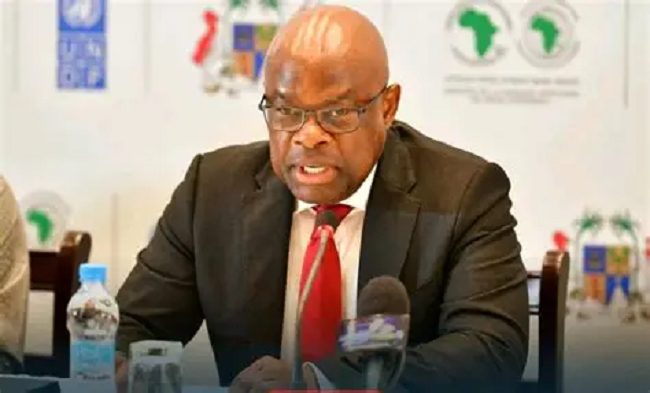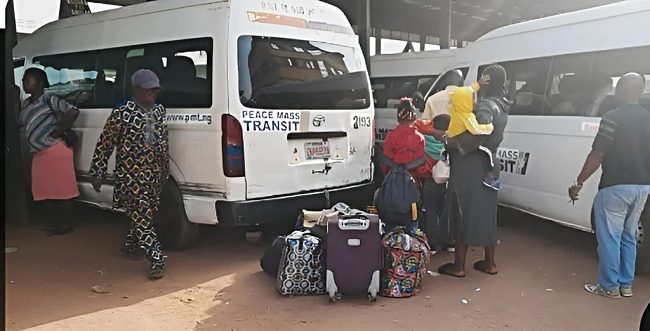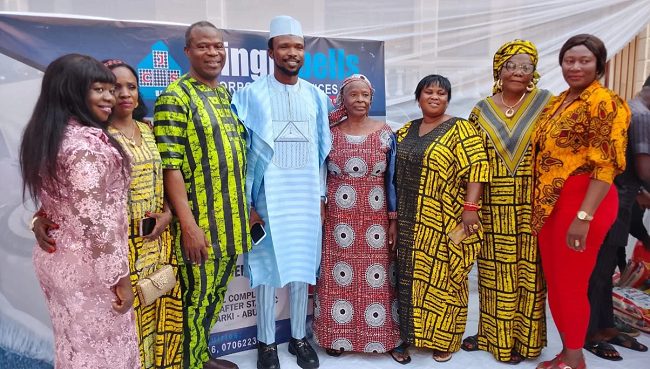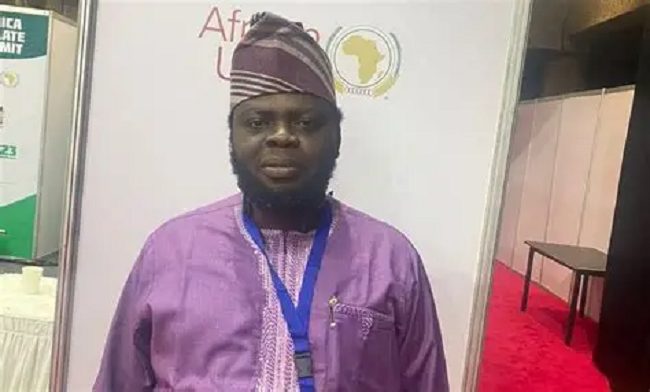The African Development Bank Group and Nedbank Group have signed a landmark deal to boost access to affordable housing in South Africa and strengthen trade across the continent.
The financing package comprises two components: a ZAR 2.5 billion social bond investment in Nedbank Group Limited and a $60 million trade finance Risk Participation Agreement with Nedbank Limited of South Africa.
Together, the initiatives aim to narrow Africa’s trade finance gap, accelerate intra-African trade, and improve access to housing – two essential drivers of inclusive economic growth.

The social bond is listed on the Johannesburg Stock Exchange, with proceeds channeled through Nedbank’s Sustainable Finance Fundraising Framework. Funding will prioritise affordable housing for women and first-time homeowners, as well as green-certified units, reinforcing the Bank and Nedbank’s shared commitment to gender equality, climate resilience, and financial inclusion. The bond will contribute to achieving the African Development Bank’s vision for inclusive growth.
“This partnership builds on our shared commitment to drive financial access for underserved communities and transform living conditions across South Africa,” said Kennedy Mbekeani, African Development Bank’s Director General for Southern Africa. “It marks a significant milestone in our nearly two-decade relationship with Nedbank Group, unlocking critical financing where it’s needed most while strengthening our financial system’s resilience.”
The $60 million trade finance Risk Participation Agreement will provide crucial credit risk cover for Nedbank’s partnership with local banks issuing documentary letters of credit and similar trade instruments across the continent, including in Low-Income Countries and Transition States. This mechanism will help close the continent’s trade finance gap and accelerate intra-African trade.
“This landmark partnership with the African Development Bank Group represents a pivotal step in our drive to deliver real impact for communities across South Africa and the continent. By mobilising funding for affordable housing, especially for women and first-time buyers, and supporting trade finance for local banks, we are helping to unlock opportunities for inclusive growth and sustainable development,” said Jason Quinn, Chief Executive, Nedbank Group. “It underscores our commitment to enabling financial access, fostering climate resilience, and driving economic transformation through innovative, purpose-driven sustainable financing.”
Ahmed Attout, the African Development Bank’s Director for the Financial Sector Development Department, said: “We are proud of our shared commitment to sustainable financing, particularly through local debt capital markets. This intervention builds on our previous support in 2020, when we invested in Nedbank’s inaugural green bond to support renewable energy access in South Africa. It also demonstrates the African Development Bank’s leading role in bridging the continent’s trade finance gap.”
The initiative aligns with the African Development Bank’s Ten-Year Strategy (2024 – 2033) to transform African economies through industrialisation, regional integration, and improved quality of life for all Africans. By combining innovative housing finance with trade facilitation, the agreement advances inclusive, sustainable economic development across Africa.









